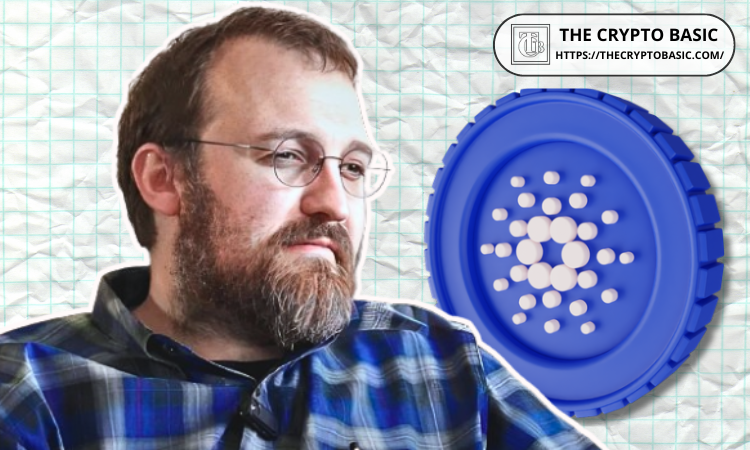Cardano Founder Charles Hoskinson recently reiterated that Cardano’s Midnight will cooperate with major ecosystems like Ethereum, Solana, Avalanche, and XRP Ledger.
During his remarks at Consensus 2025 in Toronto, Hoskinson explained that the new privacy-focused network is built to integrate rather than compete.
Midnight will enable developers to pay transaction fees using native tokens from their own chains, removing the need for asset migration. This model supports interoperability without forcing ideological alignment, to create a callable infrastructure rather than a standalone ecosystem.
This cooperative model, which Hoskinson described as “cooperative economics,” directly challenges the zero-sum mindset prevalent in Web3 development. Rather than attempting to dominate, Midnight seeks to act as a bridge between platforms.
Privacy Design Confronts Transparency Overreach
However, according to Hoskinson, technical integration alone does not address the industry’s foundational weaknesses. Notably, the founder also raised another structural issue: privacy.
While the blockchain industry has succeeded in creating transparent and immutable ledgers, he argued that excessive visibility now undermines user security. He cited stablecoins such as USDT and USDC, where every transaction is publicly traceable. This, he said, creates a system resembling financial surveillance.
Midnight’s development was initiated six years ago within Input Output to offer an alternative. It operates as a privacy layer that allows selective disclosure, limiting sensitive financial or medical data exposure.
Shielded, a newly formed engineering subsidiary, now leads the technical build-out of the network. Additionally, a new coordinating entity, the Midnight Foundation, has been launched under the leadership of Fahmy Syed to manage governance. Through these structures, the network aims to balance transparency with necessary confidentiality.
Airdrop Model Rejects VC Funding
Midnight’s rollout also includes a large-scale token distribution to avoid traditional fundraising methods. Hoskinson identified the third issue in crypto as what he referred to as “Ponzonomics”—tokenomics that disproportionately reward early investors and insiders.
In contrast, Midnight was funded directly without a venture capital raise or initial coin offering. Instead, a VC-free airdrop known as the Glacier Drop will target 37 million addresses across eight blockchains, including XRP, Bitcoin, and Cardano.
The airdrop will distribute two native tokens: NIGHT, which is used for governance, and DUST, which facilitates private transactions on the network. This distribution strategy reflects an effort to challenge centralized capital flows and support long-term infrastructure development.
According to Hoskinson, resilient communities must govern blockchain protocols to remain adaptable and relevant. Cardano’s on-chain treasury and community-led roadmap were examples of how such governance models can function during fluctuating market conditions.
DisClamier: This content is informational and should not be considered financial advice. The views expressed in this article may include the author's personal opinions and do not reflect The Crypto Basic opinion. Readers are encouraged to do thorough research before making any investment decisions. The Crypto Basic is not responsible for any financial losses.



